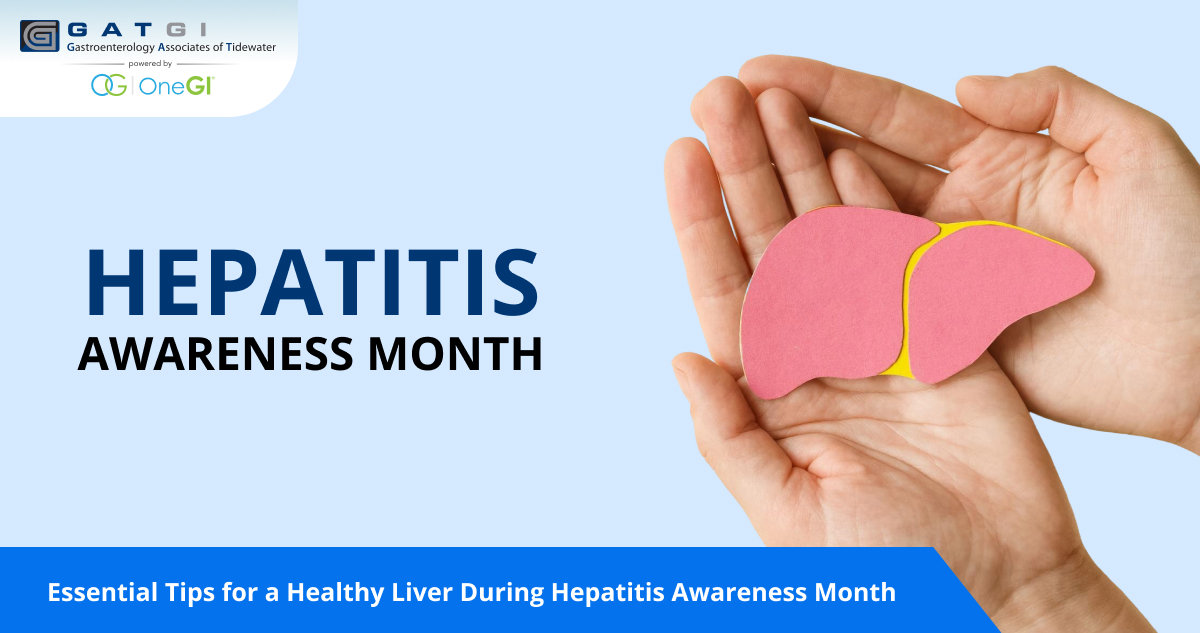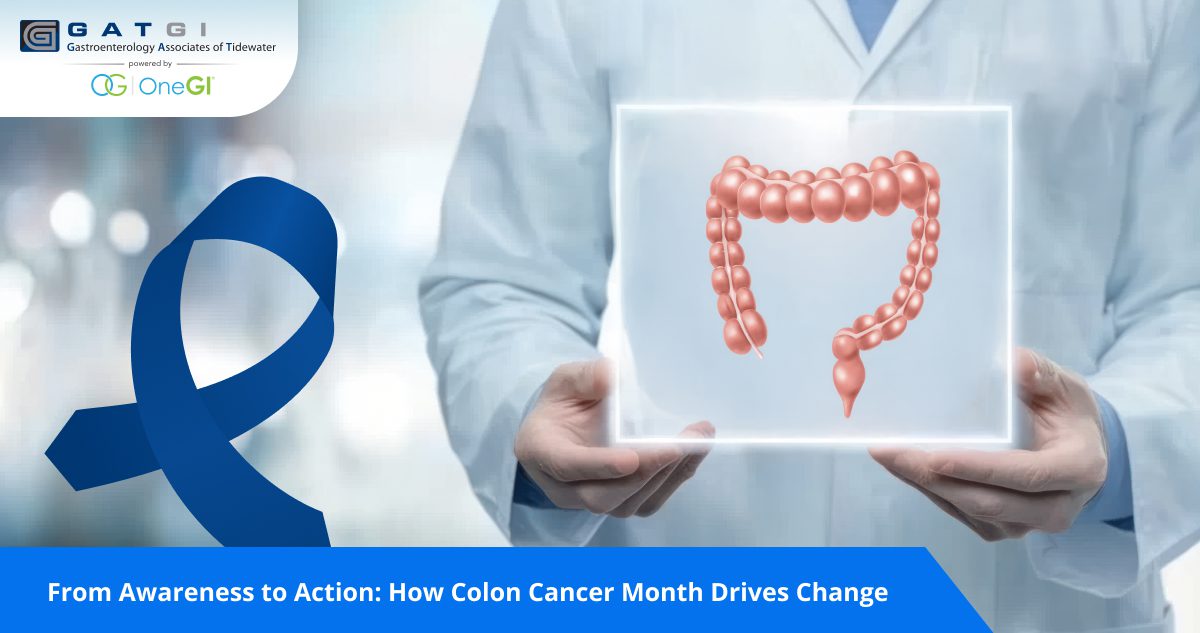As we continue to fight against cancer collectively, it’s crucial to highlight the importance of early detection—particularly when it comes to colorectal cancer. Colorectal cancer is the second leading cause of cancer deaths in the United States. Hampton Roads has higher death rates, making it a hotspot. Following colon cancer screening guidelines can save lives.
An Overview of Colorectal Cancer
Colorectal cancer originates in the colon or rectum and is often detected through colorectal cancer screening before symptoms appear. Early detection not only saves lives but can also prevent cancer from developing by identifying and removing precancerous growths or polyps.
The high death rates from colorectal cancer in areas like eastern Virginia highlight the urgent need for increased awareness and action due to geographic and socio-economic differences.
Understanding Colorectal Cancer Screening
Screening methods vary in complexity and approach but share the common goal of early cancer detection or prevention. The most well-known is a colonoscopy procedure, a thorough screening that allows gastroenterologists to see the entire colon and rectum and remove polyps during the procedure.
To learn more about how colon polyps can elevate the risk of colon cancer, read: Understanding Polyps: Do They Increase the Risk of Colorectal Cancer?
Other screening methods include fecal occult blood tests (FOBT) and fecal immunochemical tests (FIT), which look for signs of cancer in a person’s stool.
When is a Colonoscopy Recommended?
A colonoscopy is typically recommended for individuals starting at age 45 as part of regular screening for colorectal cancer. Additionally, those with a family history of colorectal cancer or certain types of polyps may be advised to begin screening earlier and possibly at more frequent intervals.
Current Screening Guidelines
The American Cancer Society recently adjusted its guidelines, recommending that individuals at average risk of colorectal cancer start regular screening at age 45. This change is because more young people are getting colon cancer.
Understanding what constitutes “average risk” is essential when considering these guidelines.
For screening, people are considered at average risk if they do not have:
- Personal history of colorectal cancer or specific polyp types.
- Family history of colorectal cancer.
- Personal history of inflammatory bowel disease, including ulcerative colitis or Crohn’s disease.
- Confirmed or suspected genetic colorectal cancer syndromes, such as familial adenomatous polyposis (FAP) or Lynch syndrome (also known as hereditary non-polyposis colorectal cancer or HNPCC).
- Personal history of undergoing radiation therapy to the abdomen or pelvic area for a previous cancer treatment.
Other key recommendations include:
- Regular screening for individuals aged 45 to 75.
- Decisions on screening for those aged 76 to 85 should be influenced by overall health and previous screening history.
- Various screening tests are available, each with specific frequency guidelines.
It’s important for those at increased or high risk, possibly due to family history or other factors, to begin screening before age 45. Everyone should get a colonoscopy if their test results are abnormal, regardless of their test.
The Importance of Guidelines Adherence
Colon cancer is preventable, treatable, and curable if detected early, highlighting the critical importance of screening. Since symptoms often do not appear until the cancer is advanced, early screening is essential for effective intervention.
Call to Action
The battle against colorectal cancer is winnable, with early detection playing a critical role. Following recommended screening guidelines can greatly reduce the risk of being diagnosed at an advanced stage, which can lead to better colon cancer treatment results.
If you’re over 45 or have risk factors that might increase your susceptibility to colorectal cancer, it’s time to take action. Reach out to your healthcare provider or consider making an appointment directly with specialized gastroenterology tests and procedures like those offered by the Gastroenterology Associates of Tidewater. Don’t wait; discussing your screening options today could make all the difference tomorrow.
Take action now by scheduling a colonoscopy through Open Access. This service allows eligible patients to be screened over the phone, eliminating the need for a separate doctor visit.
If you meet the following criteria, you can directly schedule your screening:
- Office-based procedure eligibility
- No prior anesthesia complications
- Not on specific anti-coagulation/anti-platelet drugs other than aspirin
- No ER visits/hospitalizations in the last 3 months
- No active gastrointestinal symptoms (positive tests for fecal occult blood or Cologuard results accepted)
- No demential and not living in a care facility
- No severe or uncontrolled medical conditions.
To schedule a colonoscopy through Open Access, fill out the form here. A representative from our office will contact you for a phone screening. For more information, call (757) 547-0798.






